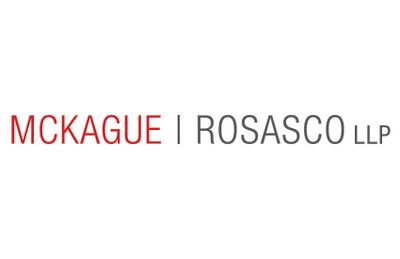CAN EMPLOYERS REQUIRE EMPLOYEES TO GET VACCINATED FOR COVID-19?
The California Department of Fair Employment and Housing (DFEH) has issued a new update to its guidelines entitled “DFEH Employment Information on COVID-19 (ca.gov)”. These FAQs replace the July 2020 version and provide much-awaited information for employers on the COVID-19 vaccine, among other topics.
Employer-required vaccinations
So, drumroll please… let’s just get right to the point: Yes, employers can require their employees to get vaccinated against the coronavirus. The DFEH states that an employer may require employees to receive an FDA-approved vaccination so long as the employer complies with the Fair Employment and Housing Act (FEHA) as follows:
- The employer does not discriminate against or harass employees or job applicants on the basis of a protected characteristic;
- The employer provides reasonable accommodations related to disability or sincerely held religious beliefs or practices, and
- The employer does not retaliate against anyone for engaging in protected activity (such as requesting a reasonable accommodation)
The DFEH included an “explanation” following the above guidance, clarifying that the above guidance is not a comment on whether or to what extent an employer should mandate vaccinations, but rather the method by which an employer complies with the FEHA should it decide to require that its employees get vaccinated against COVID-19.
Employee objections to vaccination
If an employee objects to a vaccine on the basis of disability or a sincerely held religious belief or practice, the employer must reasonably accommodate the employee and may not retaliate against the employee for the request to accommodate. However, if the accommodation would provide the employer with an “undue hardship”, the DFEH concludes that the employer “may exclude the employee from the workplace.” Whether a reasonable accommodation exists is a fact-specific determination and may include allowing the employee to work from home or setting up procedures and safeguards to allow the employee to work onsite without endangering the employee or others. An employer should make efforts to grant employee requests for reasonable accommodation. However, if the employer believes that an undue hardship will in fact result and wishes to exclude the employee, consultation with counsel should occur prior to taking any such exclusionary action.
If an employee objects to the vaccine on the basis that they do not “trust that the vaccine is safe”, but the employee does not have a disability reason or sincerely held religious reason for not getting the vaccine, under FEHA the employer is not legally required to reasonably accommodate the employee. Moreover, if an employee resists the vaccine mandate but does not request a reasonable accommodation, the employer may discipline the employee through reasonably disciplinary policies and practices but may not retaliate against the employee for engaging in protected activity.
Medical information
The new FAQs provide that employers may ask employees whether they are experiencing COVID-19 symptoms prior to entering the workplace. In addition, employer-administered vaccine programs can utilize pre-vaccination screening questionnaires which seek employee medical information so long as the inquiry is “job related and consistent with business necessity.” If a third-party administered vaccine program is used, the employer may ask the employee or job applicant for proof of vaccination, however, the employer may want to advise the employee to omit any medical information. Regardless of which vaccine program the employee selects, this information must be kept as a confidential medical record by the employer.
Other topics
The new DFEH guidelines contain a host of other informative topics for employers. These include information on (1) protective equipment, (2) employees with COVID-19 symptoms or infection, (3) job-protected leave, and (4) reasonable accommodations for employees with disabled/vulnerable populations.
Contact McKague Rosasco LLP with questions regarding COVID-19 and whether mandatory vaccinations are best for your workplace. Just because you can make it mandatory does not mean you necessarily should.
